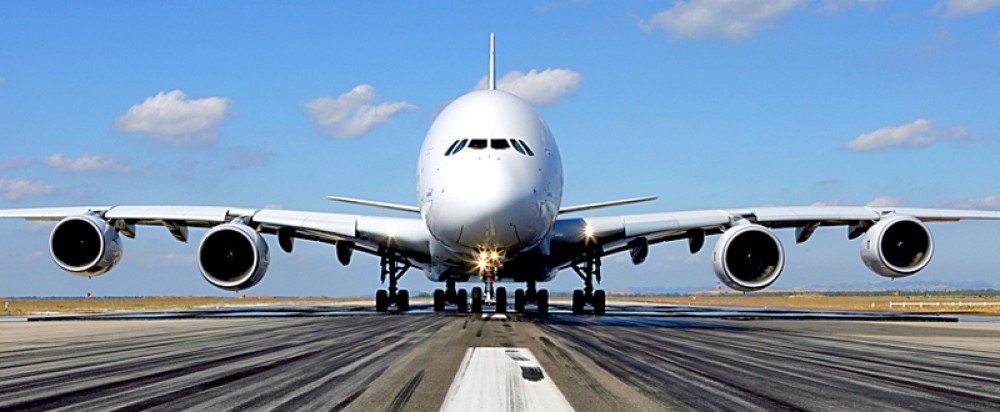Today, major British supermarket Tesco is attempting to restore the trust of its customers by changing its image to one of superior quality and design. After the international horse meat scandal which struck Tesco with a hard blow, the company is now investing time, effort and a lot of money in rebuilding their damaged image to relaunch sales. Indeed, it is said to be spending “millions of pounds” on updating its recipes to upgrade the quality not only of their food, but also of their supermarkets to create a better “look” that will bring hopefully bring customers back.
Tesco has said “it had added 400 new products, improved 750 existing lines and discontinued 200 others that were deemed no longer relevant”. Moreover, the firm has said that it has made sure to have better control over its suppliers through various contract signings.
In the situation which Tesco faces, the company is not wishing to expand but rather to rebuild the image and trust which was damaged . This could be seen as an example of business ethics since the company is also providing better quality to its paying customers in trying to save, or at least limiting the casualties.
Article link http://www.theguardian.com/business/2013/oct/07/tesco-revamp-finest-range-uk-sales
